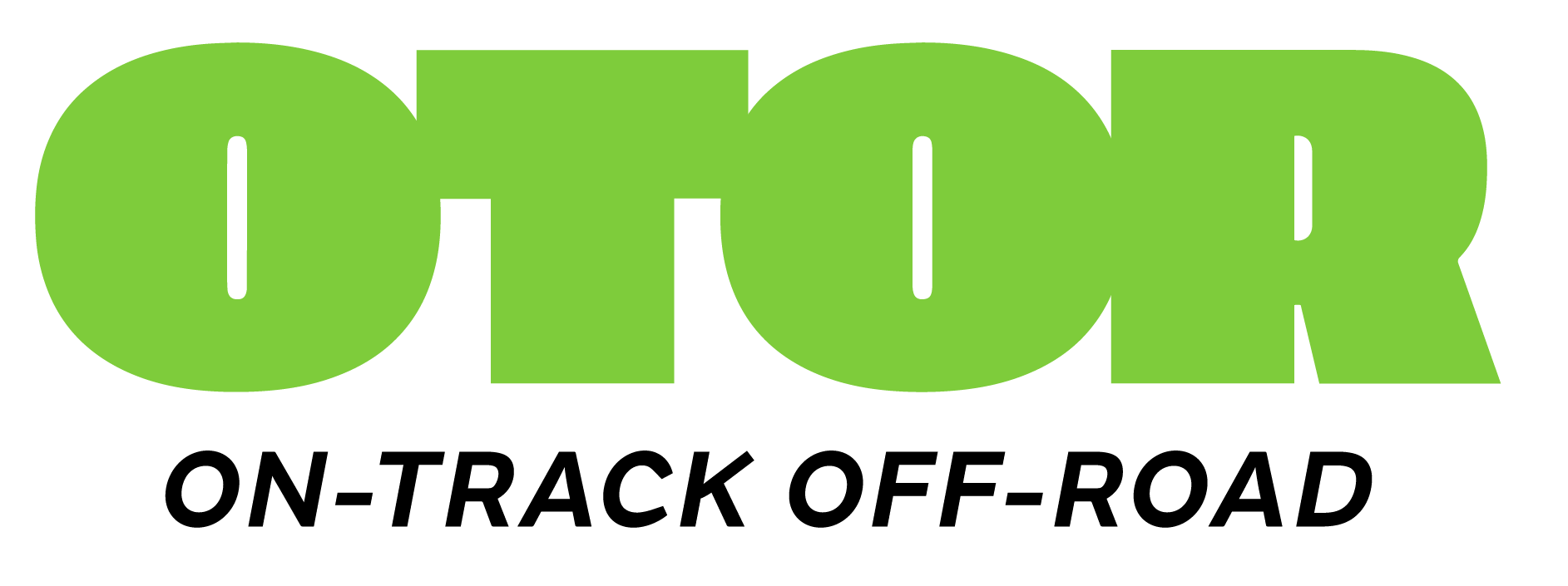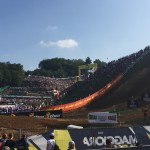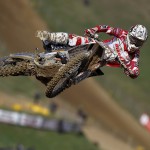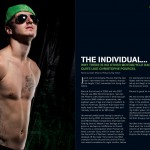It doesn’t take an astronomic IQ to realise you are what you eat. The importance of feeding well and sensibly is pretty much drilled into most people as children but for those aspiring to be professional athletes and reach the peak of their elected sport then it can be a complicated, scientific and bewildering area of preparation. Allergies, supplements, food groups and demands of the sport; through just talking to Grand Prix stars it seems that organising their culinary activities is as hectic as any other facet of a busy and dedicated lifestyle. We wanted to know if how much they value nutrition, what are the pitfalls and how does a Grand Prix winner reward themselves with a small treat…
The worth of nutrition…
Kevin Maguire: “I think in the past it was undervalued but I think there is more recognition of how important it is. One of the things I always say to a lot of riders is “if you put diesel in your bike, how is it going to run? Whereas if put race fuel…” the same applies to your body. I think there is a greater awareness now. It is a massive aspect of overall health and performance.”
Jeremy Van Horebeek: “I think a lot of riders don’t pay attention to their food but I’m sure all the top guys do. I feel so much better when I eat properly. You can make me happy sometimes if you put a pizza in front of me but ever since I was a kid I knew it was important to eat well.”
Shaun Simpson: “I think nutrition is one of the most overlooked aspects of any athlete’s ‘game’. Whether you are a professional sportsman, obese or someone trying to diet everyone in this world has a craving. Everybody has a weakness and everyone has lapses of discipline and I would say a good percentage of people in the paddock do not look at their diet properly. I include myself. I know it is something I don’t have 100% and I can look at it more. I have so much information and want to do it properly but a lot of factors come into it like travel, airplane food, different countries and cuisine, catching illnesses and the whole preparation that goes into the food.”
Max Nagl: “I can see a lot of people making mistakes and sometimes it gives me goosebumps! Everybody is training so hard and trying to be perfect with their preparation but I wonder if they really look at the food. It is such an important part and I take a lot of care.”
Gautier Paulin: “When I first started training I knew I shouldn’t be eating ice-cream or putting bad food in ‘my engine’ but I was still pretty much eating everything. Then when I was nineteen I had some digestion problems and from tests with a doctor found out I had high intolerance to certain foods and had to have a strict programme. The result is that the intolerance levels are much lower than before.”
Max Nagl: “I found out about my lactose intolerance and I should have taken the test years before but nobody really gave me the advice to do it. There are a lot of food coaching guys out there and a lot of bullshit. One person might tell you to only eat potatoes at the weekend. Another says eat pasta while another tells you it is the worse you can have. You need to find out on your own.”
Max Anstie: “Food is part of the work you have to do. I have a really good programme in Europe where I go shopping on a Thursday night and my Grandma packs me an icebag and I bring that bag full of food to the race: things like Quinoa pots and salmon, almonds, dark chocolate and whatever I need. I’m eating the same things seven days a week and it is important.”
Paulin: “I would not say I am the type of person that has big cravings and will eat a piece of chocolate and then have to have a kilo of it. I like to eat good stuff and it doesn’t feel like a sacrifice to me. I had to cut out the pineapple though…and that was my favourite. I also suffer a bit from not being able to put Parmesan on the pasta.”
Simpson: “I would say good nutrition is something like 5-7% of your preparation. In eleven years of doing Grand Prix motocross I have learnt so much about eating, dieting and training and my own body and I don’t think I have even scratched the surface of what some Olympians would do. There are still tests I haven’t done and things I could find out further.”
Maguire: “It is hard to put percentages on it. I see even now in the paddock that people only tend to eat healthily on the day of the race and think it is enough. It’s not. It’s about the lifestyle that you choose and you have to be very consistent with it in order for your system to perform. In my opinion if you don’t pull all the aspects together – the nutrition and the training programmes – then you will not get that level of performance you want.”
Van Horebeek: “I think having a good awareness of your food will also help when you have finished racing and competing.”
Understanding your plate
Anstie: “It took time for me to understand it. I had never worked with a trainer before and to be honest my Dad used to tell me “just eat loads”. I didn’t have a problem with getting fat and obviously we are always burning off a lot of calories. I think my diet is an area I have refined over the last two years and moving forward I will always want to keep on top of things.”
Van Horebeek: “I tried a special diet but it didn’t work well because I was low on energy. I went down in weight and bulk at the start of this season and it did not work out for me. I lost three or four kilos before Qatar and Thailand and didn’t feel well. I did it because it was one of those ‘details’ I was looking at. I was second in 2014 and looking at what I can do to go for the title but pushing it to the limit didn’t work. I was eating a lot of seeds, nuts and olives and tomatoes and not really proper meals. I was drinking a lot of juices as well. I lost weight, a lot in one week actually, and was low in fat. In the end I didn’t feel any benefit so I stopped. Your food is your energy.”
To read the rest of the feature in OTOR #114 click HERE








